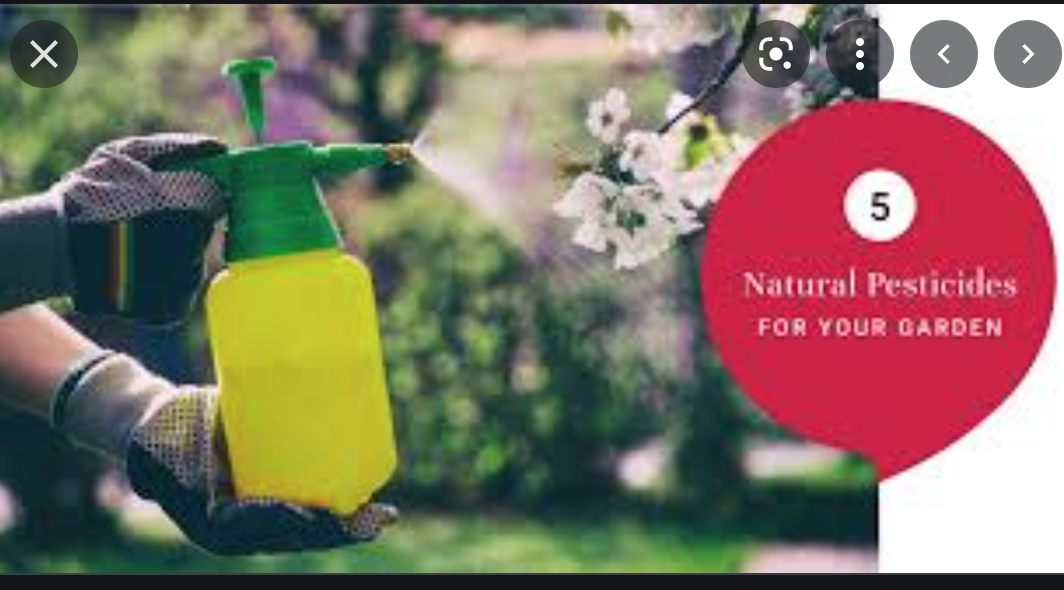Many animals and insects are considered to be pests and for most people to eradicate them, they often resort to using a variety of chemicals. However, most of these chemicals that people use not only harm these pests but also the environment. Fortunately, there is a variety of chemical-free pest control options that are safer and friendlier to the environment. They include:
Natural Predators
When thinking about pest control, one thing you need to keep in mind is that all pests are prey to another animal. As such, encouraging natural predators to habitate a pest-infested area could help solve your problem more naturally. However, the type of predator you introduce to an infested area will vary depending on the type of pest you want to control. For instance, garden pests can be easily controlled by introducing lacewings, ladybirds, hedgehogs, and birds.
Hand Picking
If you are looking for a more humane approach to handling pests and have time on your hands, then consider hand-picking. However, this option is very time-consuming, which is why most people don’t use it. Nevertheless, if the infested area is relatively small, then hand-picking could be a good option.
Biological Controls
Pests can also be managed using biological entities like parasites that latch onto them, eradicating them. However, you need to be careful when using biological controls as you could end up harming some of the beneficial insects in your garden or home. A good example of biological control is Encarsia, a parasitic wasp that targets whiteflies.
Organic Deterrents
There are lots of organic-based solutions available for use as pest-control alternatives including fruits and plant oils. The good thing about these deterrents is that they’re 100% natural and have no impact on the ecosystem. Certain types of pests are easily deterred by mint while others are deterred by lavender. However, it’s important that you first determine the type of pest you are dealing with and how you can naturally deter it.
Placing Barriers
To keep pests from getting to your plants, consider using barriers. However, it’s worth noting that different types of barriers work better for different types of pests. For instance, copper piping is quite effective when it comes to keeping slugs away from your plants. Placing sharp objects like eggshells around your garden can also help deter a wide variety of pests. Options you could use as barriers include plastic bottles and straws.
Spraying Water
If pests are attacking your plants, then another option would be to spray them down with water. This option works well for pests like aphids and others that infest plants. While some people suggest adding a light soap solution to the water, the problem with this approach is that it not only harms the plants but also introduces unwanted chemicals to the ecosystem.
Try Companion Planting
Using vegetation to protect other vegetation from pests isn’t something many people consider as a form of pest control. Some plants naturally attract predators, which, when planted next to those vulnerable to pests, can help control infestations more naturally. At the same time, planting vulnerable plants amongst other plants can help disguise them, making it difficult for pests to find them.
